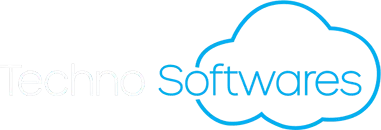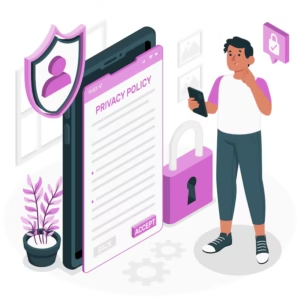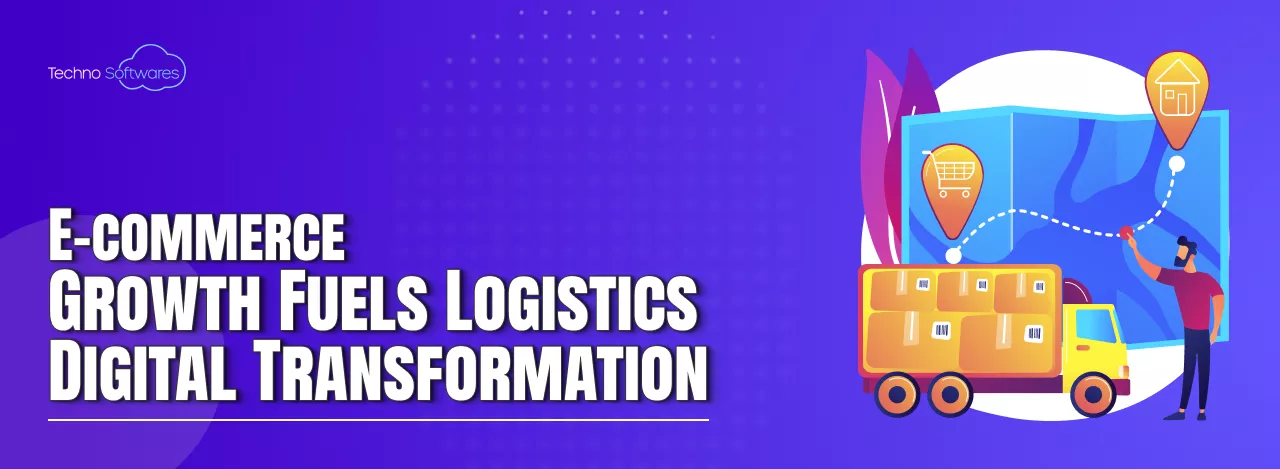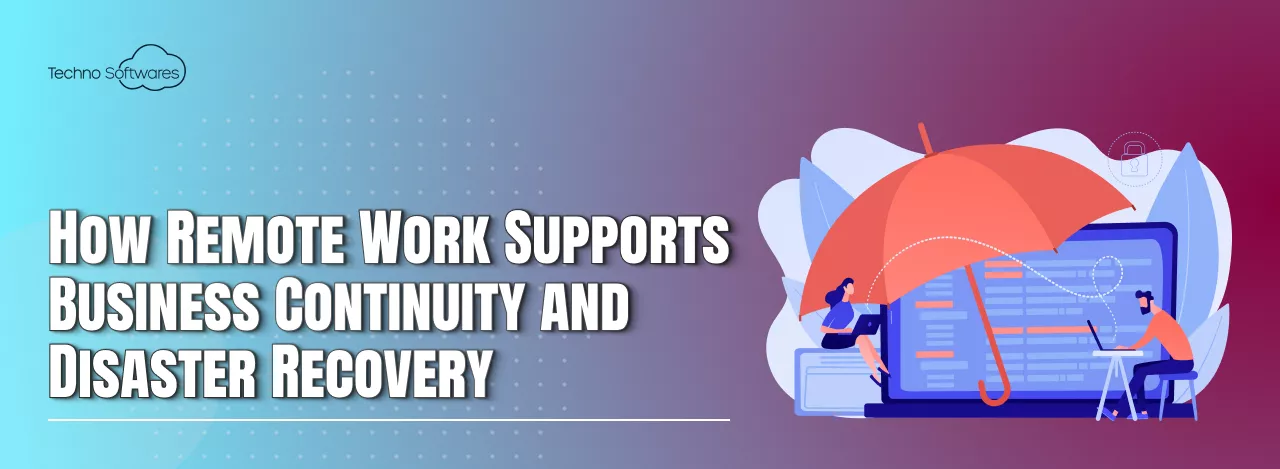Ethical and Legal Considerations When Web Scraping Public Data
The legal landscape surrounding web scraping is complex and often ambiguous, primarily because it intersects various areas of law, including copyright, contract law, and computer fraud statutes. At its core, web scraping involves extracting data from websites, which can be legally permissible when the data is publicly accessible. However, the nuances of legality can vary significantly based on jurisdiction and the specific circumstances of the scraping activity.
For instance, in the United States, the Computer Fraud and Abuse Act (CFAA) has been a focal point in legal disputes regarding unauthorized access to computer systems. Courts have grappled with defining what constitutes “unauthorized access,” leading to differing interpretations that can impact web scraping practices. Moreover, the legal status of web scraping can be influenced by the nature of the data being scraped.
Publicly available data, such as information from government websites or social media platforms, may be less contentious than scraping proprietary data from commercial websites. The landmark case of *hiQ Labs, Inc. LinkedIn Corp.* exemplifies this tension.
In this case, hiQ was scraping publicly available data from LinkedIn profiles to provide analytics services. The court ruled in favor of hiQ, emphasizing that LinkedIn could not invoke the CFAA to prevent access to publicly available information. This case highlights the importance of understanding not only the legal framework but also the specific context in which web scraping occurs.
Key Takeaways
- Web scraping public data is legal, but it is important to understand the legal landscape and potential limitations.
- Ethical considerations in web scraping include respecting the rights of website owners and users, and avoiding harm or disruption.
- Compliance with data privacy regulations, such as GDPR, is crucial when scraping personal or sensitive information.
- Transparency in web scraping involves clearly communicating the purpose and methods of data collection.
- Protecting intellectual property rights is essential when scraping copyrighted or proprietary information.
Navigating the Ethical Implications of Web Scraping
Beyond legal considerations, ethical implications play a crucial role in shaping web scraping practices. The ethical landscape is often more subjective and can vary based on individual perspectives and societal norms. One primary ethical concern is the potential for harm to individuals or organizations whose data is being scraped.
For example, scraping personal information from social media platforms can lead to privacy violations and misuse of data, raising questions about consent and individual rights. Ethical web scraping necessitates a careful consideration of how the data will be used and whether it respects the privacy and dignity of individuals. Another ethical dimension involves the impact on the websites being scraped.
High-volume scraping can place significant strain on a website’s server resources, potentially leading to service disruptions for legitimate users. This raises questions about fairness and respect for the digital ecosystem. Ethical web scrapers often implement measures to minimize their impact on target websites, such as throttling requests or adhering to robots.txt directives.
By doing so, they demonstrate a commitment to responsible data collection practices that consider both legal compliance and ethical responsibility.
Ensuring Compliance with Data Privacy Regulations
As data privacy regulations become increasingly stringent worldwide, compliance is a critical aspect of web scraping practices. Laws such as the General Data Protection Regulation (GDPR) in Europe and the California Consumer Privacy Act (CCPA) in the United States impose strict requirements on how personal data is collected, processed, and stored. Web scrapers must be acutely aware of these regulations to avoid potential legal repercussions.
For instance, under GDPR, individuals have the right to know how their data is being used and can request its deletion. This means that scrapers must ensure that their activities do not infringe upon these rights. Furthermore, compliance with data privacy regulations often requires obtaining explicit consent from individuals before collecting their personal information.
This can be particularly challenging in web scraping scenarios where data is aggregated from multiple sources without direct interaction with individuals. Scrapers must develop strategies to navigate these complexities while ensuring that they respect individuals’ rights and adhere to legal obligations. Failure to comply with data privacy regulations can result in hefty fines and damage to an organization’s reputation, underscoring the importance of integrating compliance into web scraping practices.
The Importance of Transparency in Web Scraping
Transparency is a fundamental principle that underpins ethical web scraping practices. Being transparent about data collection methods fosters trust between organizations and individuals whose data is being scraped. This trust is essential for maintaining positive relationships with users and stakeholders, particularly in an era where concerns about data privacy are at an all-time high.
Organizations engaged in web scraping should clearly communicate their intentions regarding data usage, including how the data will be processed and for what purposes. Moreover, transparency extends to the methodologies employed in web scraping activities. Organizations should be open about their scraping techniques and any algorithms used to analyze the collected data.
This openness not only enhances credibility but also allows for external scrutiny, which can help identify potential ethical or legal issues before they escalate. By prioritizing transparency, organizations can demonstrate their commitment to responsible data practices and build a reputation as ethical players in the digital landscape.
Protecting Intellectual Property Rights in Web Scraping
Intellectual property (IP) rights are another critical consideration in the realm of web scraping. Many websites contain content that is protected by copyright law, including text, images, videos, and databases. Scraping such content without permission can lead to infringement claims and significant legal consequences.
Organizations must be diligent in assessing whether the content they intend to scrape is protected by IP rights and whether they have obtained the necessary licenses or permissions. In addition to copyright concerns, database rights may also come into play, particularly in jurisdictions like the European Union where specific protections exist for databases that demonstrate substantial investment in their creation or maintenance. The *British Telecommunications plc One in a Million Ltd.* case illustrates this point; it highlighted that databases could be protected even if individual elements within them are not copyrightable.
Therefore, organizations engaged in web scraping must conduct thorough due diligence to ensure they are not infringing upon IP rights while collecting data.
Respecting Terms of Service and Website Policies
Legal Consequences of Ignoring Terms of Service
these terms can lead to legal action from website owners who may argue that unauthorized scraping constitutes a breach of contract.
Alternative Methods for Data Access
Therefore, it is essential for organizations involved in web scraping to carefully review and adhere to the ToS of any website they intend to scrape. In some cases, websites may provide APIs (Application Programming Interfaces) that allow for legitimate access to their data under specific conditions. Utilizing these APIs can help organizations avoid potential legal pitfalls associated with scraping while still obtaining valuable information.
Mitigating Risks and Fostering Positive Relationships
By respecting website policies and seeking alternative methods for data access when necessary, organizations can mitigate risks associated with non-compliance and foster positive relationships with content providers.
Mitigating Risks of Legal Action in Web Scraping
Legal risks associated with web scraping can be significant, but there are several strategies organizations can employ to mitigate these risks effectively. First and foremost, conducting thorough legal research before initiating any scraping activities is crucial. This includes understanding relevant laws, regulations, and case precedents that may impact the legality of scraping specific types of data from particular websites.
Additionally, organizations should consider implementing robust internal policies governing web scraping practices. These policies should outline best practices for compliance with legal requirements, ethical considerations, and risk management strategies. Training employees involved in data collection on these policies can further reduce the likelihood of unintentional violations that could lead to legal action.
Implementing Responsible Data Handling Practices
Responsible data handling practices are essential for organizations engaged in web scraping to ensure that they manage collected data ethically and legally. This includes implementing strong security measures to protect sensitive information from unauthorized access or breaches. Organizations should also establish clear protocols for data storage, processing, and sharing to ensure compliance with relevant regulations.
Moreover, organizations should regularly review their data handling practices to identify areas for improvement and ensure alignment with evolving legal standards and ethical expectations. Engaging with stakeholders—such as users whose data is being collected—can provide valuable insights into how organizations can enhance their practices while respecting individual rights.
Techno Softwares’ Approach to Ethical and Legal Web Scraping
Techno Softwares exemplifies a commitment to ethical and legal web scraping through its comprehensive approach to data collection practices. The company prioritizes transparency by openly communicating its methodologies and intentions regarding data usage with clients and stakeholders alike. By fostering an environment of trust, Techno Softwares enhances its reputation as a responsible player in the industry.
Furthermore, Techno Softwares actively engages with legal experts to ensure compliance with relevant laws and regulations governing web scraping activities. This proactive approach allows the company to navigate complex legal landscapes effectively while minimizing risks associated with non-compliance. By integrating ethical considerations into its business model, Techno Softwares sets a standard for responsible web scraping practices within the industry.
Case Studies: Ethical and Legal Web Scraping in Action
Examining real-world case studies provides valuable insights into how organizations can successfully navigate the complexities of ethical and legal web scraping. One notable example is *Zynga*, a social gaming company that faced legal challenges when it scraped user-generated content from Facebook without permission. The ensuing lawsuit highlighted the importance of respecting terms of service agreements and obtaining necessary permissions before engaging in scraping activities.
Conversely, *DataSift*, a social media analytics platform, successfully navigated ethical considerations by partnering with social media companies to access their APIs legally. By establishing collaborative relationships with content providers, DataSift was able to collect valuable insights while adhering to legal requirements and maintaining ethical standards. These case studies illustrate that while challenges exist within the realm of web scraping, organizations can achieve success by prioritizing ethical considerations and ensuring compliance with legal frameworks.
Balancing Data Access with Ethical and Legal Considerations
The landscape of web scraping is fraught with challenges that require careful navigation of both legal frameworks and ethical implications. Organizations must remain vigilant in understanding their responsibilities regarding public data access while respecting individual rights and intellectual property protections. By fostering transparency, implementing responsible data handling practices, and engaging with stakeholders, organizations can strike a balance between accessing valuable information and adhering to ethical standards.
As technology continues to evolve, so too will the legal landscape surrounding web scraping practices. Organizations must remain adaptable and proactive in addressing emerging challenges while prioritizing ethical considerations at every stage of their data collection efforts. In doing so, they can contribute positively to the digital ecosystem while harnessing the power of publicly available data responsibly.
Techno Softwares not only focuses on ethical and legal considerations when web scraping public data but also ensures compliance in all aspects of their services. In a related article on their blog, they discuss the importance of mobile application life cycle management and how it plays a crucial role in the success of any mobile app. By following best practices and staying up-to-date with industry standards, Techno Softwares delivers powerful data solutions while maintaining ethical standards and legal compliance. Additionally, they offer insights into strategies for business website redesign and growth and explain why ERP is the best solution for businesses . With a focus on innovation and compliance, Techno Softwares is a trusted partner for businesses looking to leverage technology for growth and success.
Get Scraping Service (FREE Demo)
FAQs
What is web scraping?
Web scraping is the process of extracting data from websites. It involves using automated tools to gather information from web pages and then saving that data into a structured format for analysis or storage.
What are the ethical considerations when web scraping public data?
Ethical considerations when web scraping public data include respecting the website’s terms of service, not overloading the website’s servers with excessive requests, and ensuring that the data being scraped is used in a responsible and legal manner.
What are the legal considerations when web scraping public data?
Legal considerations when web scraping public data include understanding and complying with copyright laws, data protection regulations, and any terms of service or use agreements that the website may have in place.
How does Techno Softwares ensure compliance when delivering data solutions?
Techno Softwares ensures compliance when delivering data solutions by adhering to ethical and legal standards for web scraping. This includes obtaining necessary permissions, respecting website terms of service, and ensuring that the data is used in a responsible and lawful manner.







